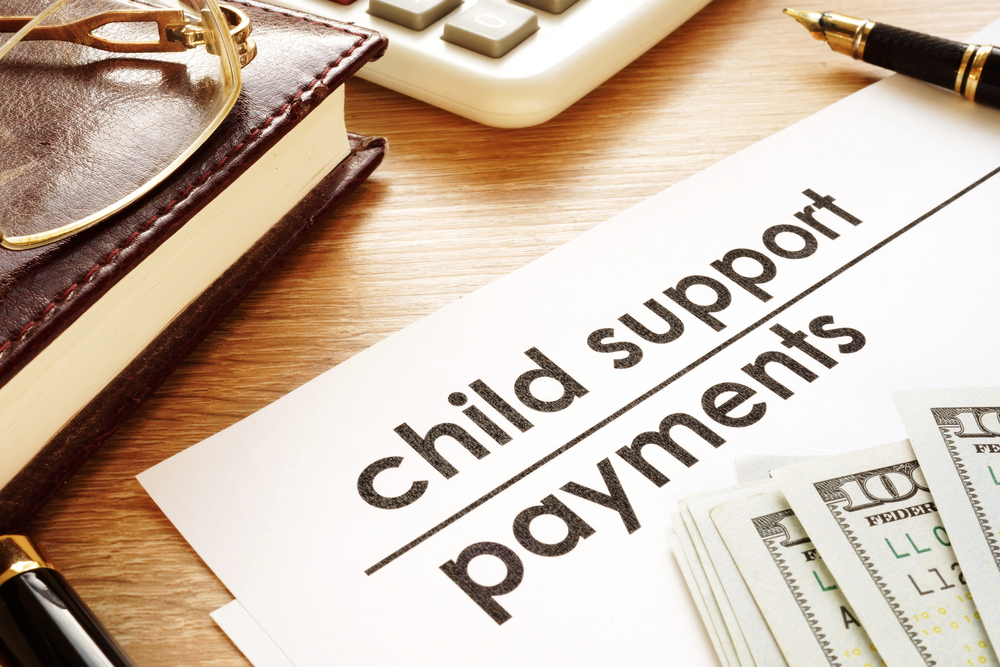 Unpaid child support is a serious issue that can have devastating effects on the custodial parent and, most importantly, the well-being of the child. If you are not receiving the child support payments you are entitled to, you have legal options to enforce the court order. Keep reading to learn more about the legal considerations, processes, and strategies involved in suing for unpaid child support.
Unpaid child support is a serious issue that can have devastating effects on the custodial parent and, most importantly, the well-being of the child. If you are not receiving the child support payments you are entitled to, you have legal options to enforce the court order. Keep reading to learn more about the legal considerations, processes, and strategies involved in suing for unpaid child support.
Understanding Child Support Obligations
Child support is a court-ordered financial obligation designed to ensure that a child’s basic needs—such as food, housing, education, and medical care—are met. Once established by a court, child support orders are legally binding. Failure to comply with these orders can result in serious legal consequences for the non-paying parent (referred to as the “obligor”).
When Is It Time to Sue for Unpaid Child Support?
Before pursuing legal action, consider whether the non-paying parent is genuinely unable to pay due to a valid reason, such as job loss or illness. Courts may be lenient in such situations if the parent is actively working to resolve the issue.
However, if the obligor has willfully ignored their financial responsibilities or has made no attempt to catch up on overdue payments (also known as “arrears”), suing for unpaid child support may be necessary. Warning signs include:
Steps to Take Before Filing a Lawsuit
Before heading to court, take the following preliminary steps:
Legal Remedies for Unpaid Child Support
If preliminary efforts fail, you can pursue legal action to enforce the child support order. Here are the most common remedies courts may apply:
What to Expect During the Legal Process
The legal process for recovering unpaid child support can be complex, but understanding the steps involved can help you prepare. To begin, your attorney will file a motion for enforcement or contempt with the family court. This motion formally requests the court’s intervention to address the unpaid support.
Both parties will then be required to attend a court hearing, where you will present evidence of the non-payment. The obligor will also have an opportunity to respond. If the court finds the obligor in violation of the child support order, they will issue a judgment outlining the amount of arrears owed and the enforcement measures to be taken.
Having an experienced family law attorney by your side is critical when suing for unpaid child support. Your attorney can help navigate complex legal procedures, gather and present compelling evidence, and negotiate with the opposing party, if necessary.
Preventing Future Issues
Once the court enforces the order, you should take steps to prevent future payment issues. One option we strongly encourage is requesting automatic payments. Automatic deductions from the obligor’s paycheck can reduce the risk of missed payments. If either party’s financial situation changes, you may also want to consider petitioning the court for a modification to reflect the new circumstances.
Recovering unpaid child support can be an emotionally and financially draining process, but you don’t have to navigate it alone. Legal remedies exist to hold the non-paying parent accountable and ensure your child’s needs are met. At The Harr Law Firm, we specialize in family law and have extensive experience helping clients enforce child support orders. If you’re struggling to collect unpaid support, contact us today to schedule a consultation. Let us help you fight for your child’s future.